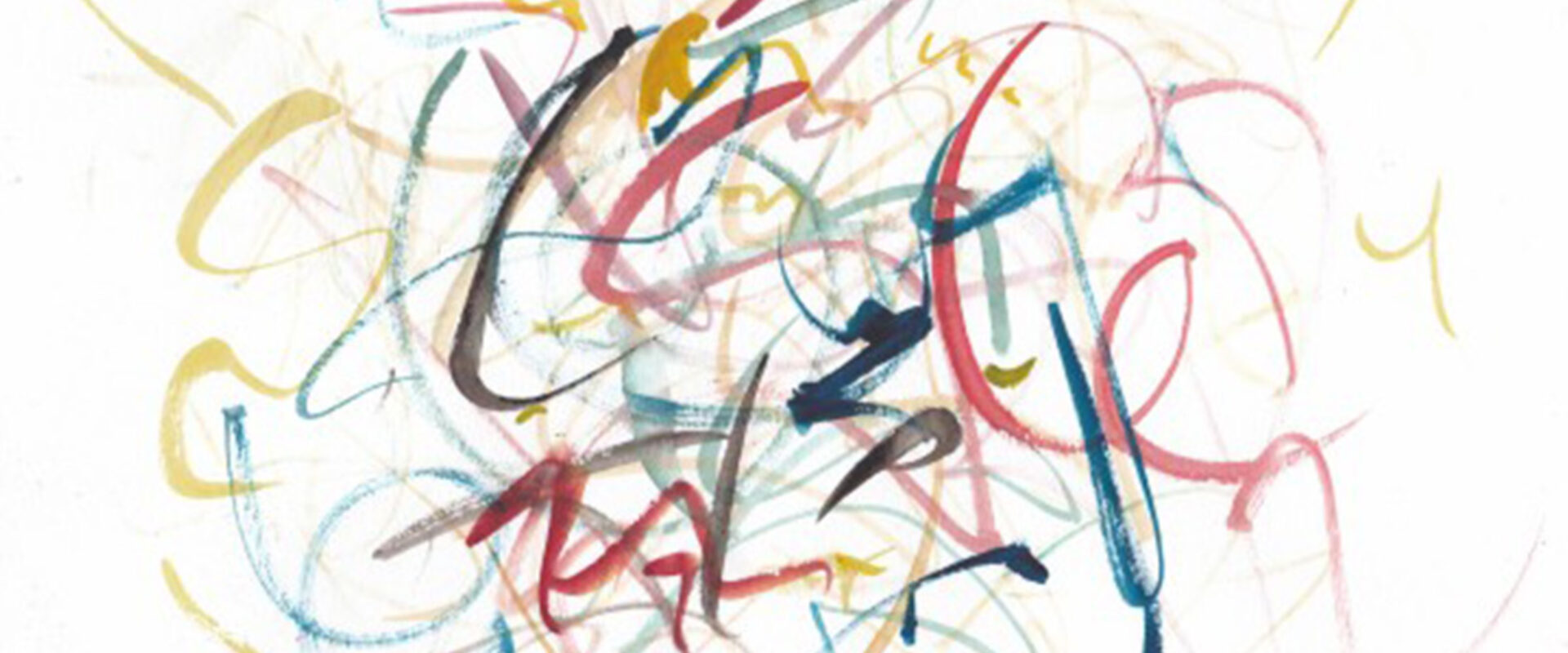 Program
Program
Nadita (small nothing)
Alma Söderberg

Nadita means small nothing in Spanish and it’s also the title of Alma Söderberg’s new solo. Her body and voice serve as the instruments that produce a small nothing.
Alma: “The idea is to work with voice, movement and rhythm and to make a solo. I would like to use as little theatrical elements as possible, actually why not say: none. It is an affirmation of the things I choose to focus on; bodily sound and movement.”
Alma Söderberg makes performances where sound and movement are equally important and in her practice she is constantly re-discovering how intertwined those two are. In relation to the work Idioter, that she developed last year in collaboration with Hendrik Willekens she wrote: “Rhythm drives me, constantly, to do things. It is not a choice, rhythm works on me; I have no power over that.” During her studies at SNDO she found a working method that allows her to use this drive as a motor. She made Cosas, A talk, Travail — three works where the rhythm is the glue. Idioter — the title refers to the search for something we cannot even name — emerged as a live concert performance that each time started from scratch. In Nadita her body and voice serve again as the most important instruments, this time to produce a “small nothing”.
22 October 2015
20:30
23 October 2015
20:30
24 October 2015
21:00
Please note that on Saturday the event starts at 21:00, as our respondent Jonas Rutgeerts will come especially from Paris to be with us!
Three times Nadita, three responses
Alma and Veem asked for this occasion three academics to respond to her ‘small nothing’, through their own field of research and fascinations. Where Alma herself purposely produces as least discourse as possible around Nadita, we do see this work as an invitation to others who could think through and of it, and as such see how a discourse – a world of thought – could unfold by doing so.
We are delighted with the contributions of:
Pedro Manuel (PHD researcher at University of Utrecht) on Thursday 22 Oct.
Professor Liesbeth Groot Nibbelink (Univeristy of Utrecht) on Friday 23 Oct; and –
Jonas Rutgeerts (PHD researcher at University of Leuven) on Saturday 24 Oct.
Pedro Manuel
Theatre Without Actors
Manuel’s dissertation departs from a panoramic view over practices of absenting the actor in the contemporary field of theatre and of the performing arts, such as in performances with spectators and non-actors, but also performances with/ by animals, technology, machines, unrehearsed events and natural phenomena. Investigating strategies of staging non-professional performers and of staging natural phenomena since the 19th century, the research aims to question assumptions about human presence and acting on stage and, foremost, address how the absenting of the actor allows to rehearse new modes of co-presence: not only between human actors and spectators, but between humans and non-humans.
Liesbeth Groot Nibbelink
Nomadic Theatre: Staging Movement and Mobility in Contemporary Performance
Spring 2015, Liesbeth Groot Nibbelink presented her PhD dissertation. It investigates dynamic constellations of performers, spectators and spaces, focusing on ambulant performances and performative installations. Drawing both on Deleuze and Guattari’s approach to philosophical concepts, as well as on Mieke Bal’s use of concepts in cultural analysis, nomadic theatre is used as an analytical concept. Working with this concept entails a method of ‘thinking through practices’ which treats performances as theoretical objects and performance analysis as the creation of affirmative assemblages. Nomadic theatre captures movement and mobility while it continues to be a processual concept in itself. Future research interests concern the rich field of spatial and architectural theory, and their potential for investigating the emergent, material dramaturgies of open-ended processes.
Jonas Rutgeerts
Rhythm as an artistic and theoretical tool in contemporary choreography.
In the last decades choreographers have issued a growing interest in the development of choreography as an autonomous practice. Choreography is no longer understood as a means to an end, a mechanism to create a performance, but as durational practice that surpasses the scope of the (next) performance. This shift redefines the relation between choreography and performance. The traditional choreography/performance dichotomy, where the choreography is pre-determined by the performance, is replaced by a holistic approach, in which performance is embedded in a choreographical practice that encompasses it. In his research Rutgeerts wants to find a new way to analyse ‘choreographical practice’, and explores the concept of rhythm as a tool for both a hands-on analysis of such a practice and its theoretical understanding.
Concept and performance:
Alma Söderberg
